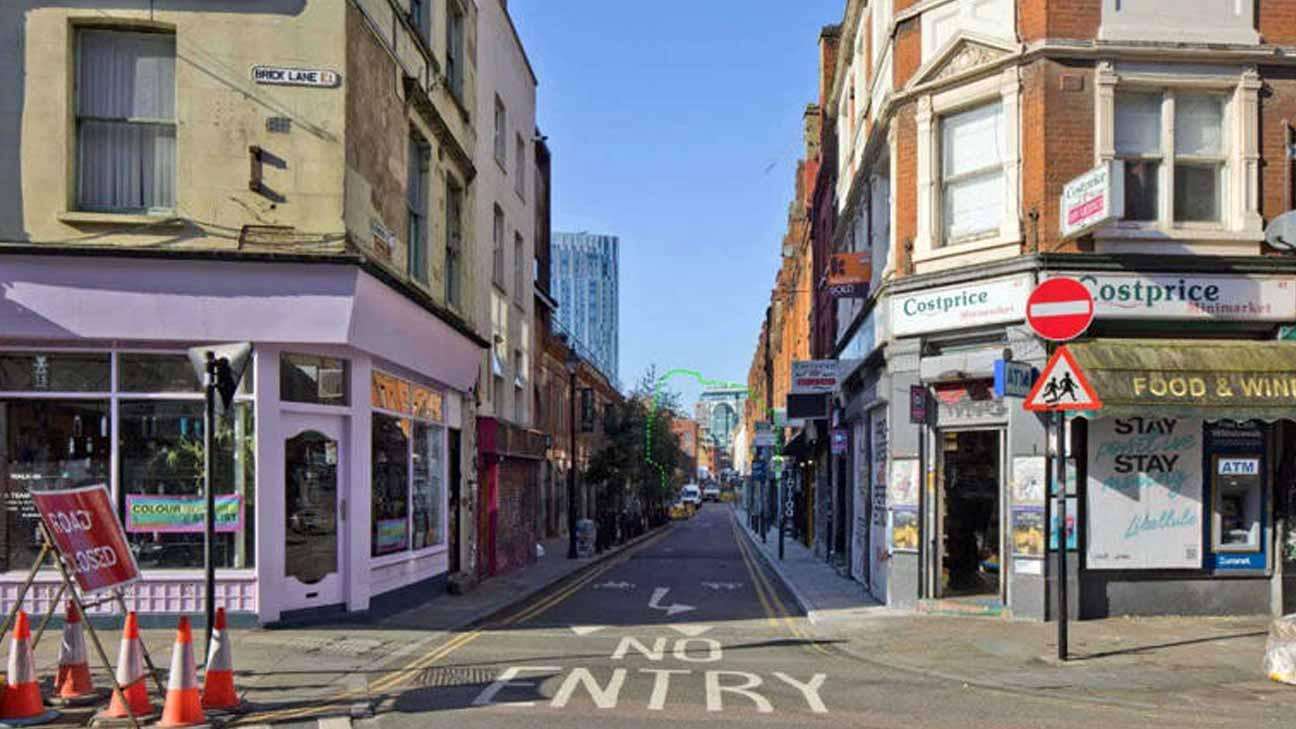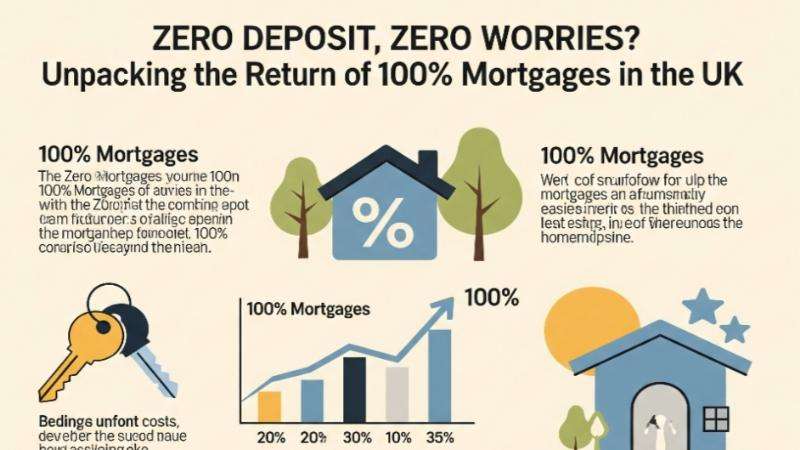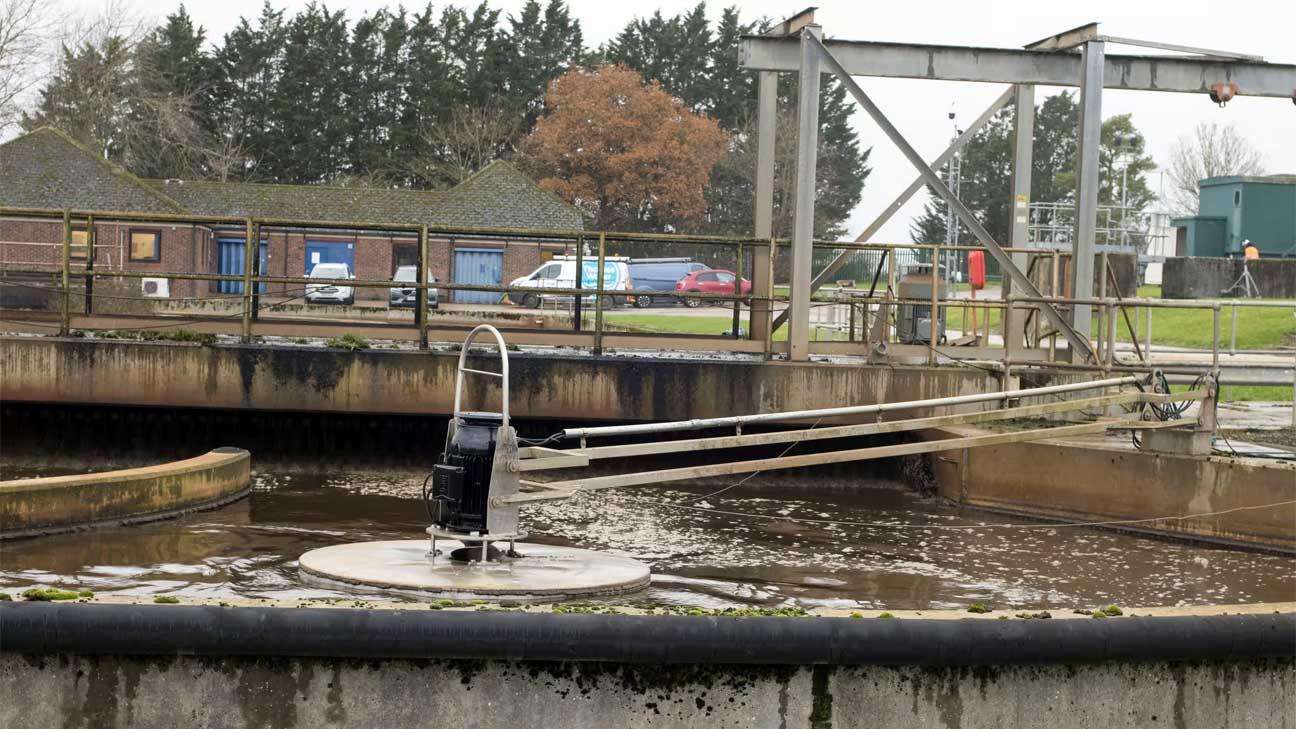No-deposit mortgages are making a comeback, promising a lifeline to first-time buyers eager to step onto the property ladder. However, before embracing the allure of securing a home without an upfront deposit, prospective homeowners must understand the significant implications and risks associated with these unique financial products, Daily Dazzling Dawn understands.
Traditionally, purchasing a home necessitates a substantial cash deposit, which offers buyers greater flexibility in loan terms and property choices. No-deposit mortgages, as their name suggests, eliminate this requirement, with lenders providing 100% of the home's sale price as a loan. While seemingly a dream come true for those struggling to save, several crucial caveats demand careful consideration.
Limited Eligibility and Stringent Conditions:
The availability of no-deposit mortgages is often restricted to first-time buyers and comes with a raft of specific conditions. Properties typically must be new builds, houses (flats or leaseholds are often excluded), and fall below a certain value. Age restrictions also apply, with many lenders not approving applications for individuals under 21. Furthermore, a pristine credit history is paramount, requiring demonstrable proof of consistent bill payments over at least 12 to 18 months. Surprisingly, a low current monthly rent could even disqualify applicants, as mortgage repayments often cannot exceed existing rental costs.
The Peril of Fixed Terms and Early Repayment Fees:
A significant downside of many no-deposit mortgages is the long fixed-term rates, which can span 10 or even 15 years. While some providers offer unlimited overpayments and potentially dropping rates as the loan is reduced, the early repayment fees can be exceptionally high if you decide to switch providers before the fixed term ends. This effectively ties borrowers into a long-term commitment that might prove financially disadvantageous should market conditions or personal circumstances change.
The Shadow of Negative Equity:
One of the most significant risks associated with no-deposit mortgages is negative equity, a phenomenon starkly remembered from the 2008 financial crisis. If the property market experiences a downturn, the value of your home could plummet to less than the outstanding mortgage loan. In such a scenario, even selling the property would leave you owing a substantial amount to the lender, on top of the sale proceeds. This vulnerability is amplified when no initial equity exists.
Hidden Costs Beyond the Mortgage:
Crucially, a no-deposit mortgage does not alleviate the burden of other substantial costs associated with buying a home. First-time buyers still face expenses such as Stamp Duty Land Tax, conveyancing fees, and surveyor fees. Beyond the purchase, furnishing and setting up a new home requires significant additional funds. While Lifetime ISAs are valuable tools for saving for a deposit, these funds cannot be used for these supplementary costs. Therefore, even with a no-deposit mortgage, a considerable sum of savings is still necessary for a smooth transition. Experts suggest that using some of these savings for a small deposit could lead to more favourable mortgage terms in the long run.
Weighing the Advantages:
Despite the inherent risks, no-deposit mortgages can be a viable option for financially secure and savvy individuals prepared for a long-term commitment. For those who can secure a property with strong longevity in the housing market, such as a semi-detached house (which typically holds value better than flats or highly specific properties), these mortgages can provide a crucial entry point onto the property ladder.
Exploring Current No-Deposit Options:
Several providers are now offering variations of no-deposit mortgages. Netherlands-based April Mortgages, for example, has launched a 100% mortgage in the UK, requiring borrowers to fix their interest rate (starting at 5.99%) for 10 or 15 years. This deal is available to first-time buyers and movers with a household income of at least £24,000. April Mortgages states their aim is to help those for whom saving a deposit feels "impossible."
Another option is the Halifax Family Boost, which leverages a family member's savings as collateral. The family member locks their savings into an account for three years, guaranteeing repayments, while earning interest. The first-time buyer is the sole name on the mortgage, limiting the family member's financial responsibility to the agreed-upon locked savings.
The Yorkshire Building Society's Accord Mortgages offers a 99% mortgage, requiring a minimal 1% cash deposit. While this small deposit slightly mitigates negative equity risk, it also comes with limitations, often only being available for houses and not flats.
Expert Advice is Key:
Consumer groups like Fairer Finance express caution, with James Daley noting that while the impatience to get on the property ladder is understandable, lending more money without a deposit can leave individuals vulnerable to negative equity and feeling "trapped."
Ultimately, the decision to pursue a no-deposit mortgage should not be taken lightly. It is imperative to seek independent financial advice from a qualified professional before committing to any mortgage, especially one with such unique characteristics and potential risks. Understanding your financial stability, long-term goals, and risk tolerance is paramount to making an informed and responsible decision.








.svg)



_1.jpg)